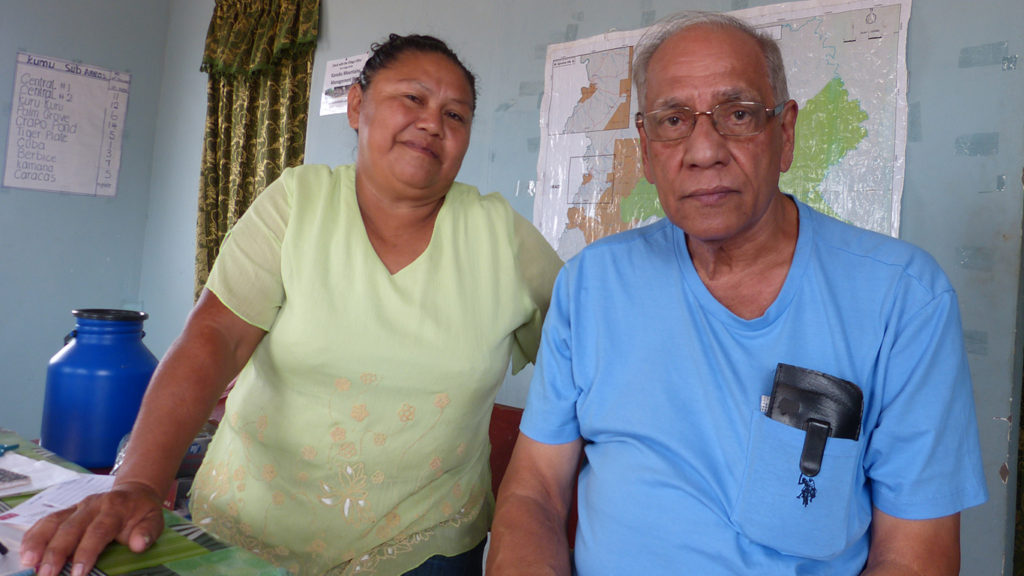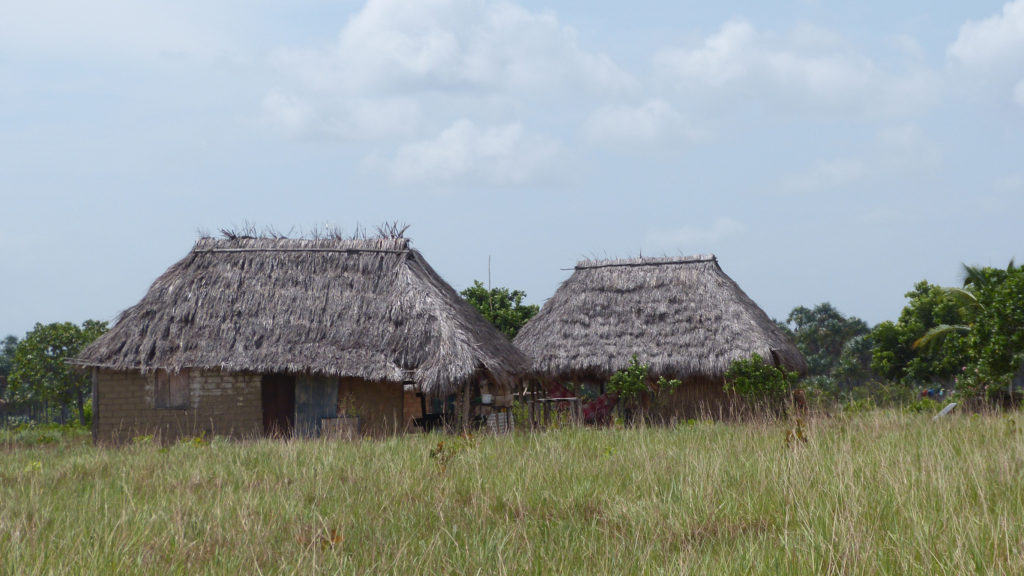By Dr Kumar Mahabir and Jai Sears
Traditionally, Amerindians in Guyana have voted for the Bharrat Jagdeo-led People’s Progressive Party Civic (PPP/C) party, now in Opposition. In Region 9 where they constitute the majority of the electorates, most Amerindians voted for the PPP/C instead of the now-governing Partnership for National Unity + Alliance For Change (APNU+AFC) coalition party (5,794 vs 3,592) in the May 2015 general elections. In the UK Telegraph (Feb 9, 2020), journalist Mat Youkee wrote: “With the main parties equally matched, the votes of the country’s Amerindian minority could be crucial for victory in the upcoming election.”

This election is the most critical in Guyana’s history as the country is preparing for unprecedented wealth with ExxonMobil’s recent discovery of billions of barrels of oil offshore. The stakes are high. Experts predict that this lone English-speaking country in South America is set to grow by 86 percent this year to become the fastest growing economy in the world.
Jai Sears and I visited St Ignatius Mission twice because it was close to our hotel. It is the largest of the Amerindian villages in the Rupununi Savannah. It has a Catholic nursery, primary and secondary school. Books and hot meals are given free to all children up to the primary level. The teachers are mainly Amerindians who stay in quarters built for them.
There is also a community centre (benab), a multi-purpose building, a village office, a presbytery training centre (run by Jesuit priests), a sport pavilion, and a Roman Catholic church and Presbytery residence (where priests live). St Ignatius Mission has a population of 1800 individuals living in about 450 households. Mainly women out-marry coast-landers.
Solar panels with free Wifi
Amerindians in St. Ignatius and elsewhere are out of work except for traditional jobs in agriculture, hunting and fishing. Under the David Granger APNU+AFC government, the budding cashew processing plant has ground to a virtual standstill. The villagers complained that there are few Government jobs for high school graduates in the village which result in many of them “doing mischief” in their abundant, idle time.
There are no land-line telephones in most aboriginal villages, but in Nappi and other settlements, Jagdeo had installed solar panels with free Wifi in the thatched-roofed community centres. This communication facility helped children tremendously with their homework and school projects. The solar panel, however, does not generate enough electricity to power a TV or refrigerator.
The hand-dug water wells are few and inadequate. During the election campaign in 2015, Granger had promised the villagers bigger panels. When he won, he removed the panels and replaced them with nothing, just as he had scrapped the student grants for Amerindian children. The villagers said the Granger APNU+AFC government has neither provided more water wells nor sustainable jobs for youths nor regular support for indigenous children to attend school.
Villagers said that the government looks only after the welfare of its own supporters unlike the former PPP/C government that served the entire Amerindian community. The Minister of Indigenous Peoples’ Affairs, Sydney Allicock, is reported to have neglected all other Amerindian communities except the district where he lives. Amerindians believe that a Government should serve all sections of a society equally.
Bumpy, destructive, red roads
The natives of Nappi of the Makushi and Wapishanas tribes said they feel neglected. Nappi has over 700 residents living in 120 households, excluding the neighbouring satellite villages of Parishara and Hiawa. It has a Catholic church and a Church of Christ. It also has a nursery school, a primary school, a hot meal kitchen, a teacher’s house, a health centre, a community centre (benab), a village office, a women’s activity centre, a sports complex and a village library. But none of these social and educational institutions are being served adequately by the present Government’s Presidential Grant. To the credit of Granger, his APNU+AFC government has recently made available pipe-borne water to the settlement, perhaps as a sweetener for the up-coming elections.

The Amerindians have claimed that the APNU+AFC Government contracts have been given mainly to party’s supporters and financiers as well as friends and family who were often unqualified and incompetent. The good asphalt roads, as well as the schools and health centres, were built by the PPP/C government led by Jagdeo. Some roads and buildings that were being rebuilt by Jagdeo have been left unfinished (“half-way”) when the Granger Government came to power in 2015.
The roads leading to the Amerindian villages are not paved with asphalt and are covered with brick-coloured laterite. It is bumpy and destructive to cars with red dust spreading all over, inside and out, especially on the rims and tyres. Only 4×4 vehicles are recommended. Some commercial distribution trucks do not schedule this route and destination because of the bad condition of the roads.

is a full-time anthropologist at the University of Guyana (UG) and Fellow of The Eccles Centre for American Studies, British Library (2022-23). He is a former Assistant Professor at the University of Trinidad and Tobago (UTT). He obtained his Ph.D. in Anthropology from the University of Florida (UF). As a doctoral student, he won a Florida Caribbean Institute Award, an A. Curtis Wilgus Grant, and an Organization of American States (OAS) Fellowship.
Mahabir received a National Award (Hummingbird Silver Medal) for his contribution to education in his country in 2011. He was among 50 recipients who received a Distinguished Alumni Award from the UWI Alumni Association.
Mahabir is the author of 12 books to date.
